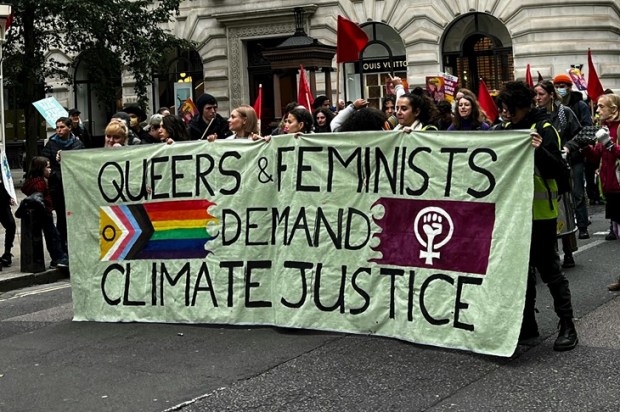We are all familiar with the concept of envy. As we know, this corrosive, malignant state of mind is one of the seven deadly sins of Christianity, but it’s also condemned in Islam, Buddhism, and most secular ethical systems. Writing in 1930, Bertrand Russell identified envy as a major, and largely unacknowledged, cause of unhappiness in Western societies.
Already a subscriber? Log in
Subscribe for just $2 a week
Try a month of The Spectator Australia absolutely free and without commitment. Not only that but – if you choose to continue – you’ll pay just $2 a week for your first year.
- Unlimited access to spectator.com.au and app
- The weekly edition on the Spectator Australia app
- Spectator podcasts and newsletters
- Full access to spectator.co.uk
Or


























Comments
Don't miss out
Join the conversation with other Spectator Australia readers. Subscribe to leave a comment.
SUBSCRIBEAlready a subscriber? Log in